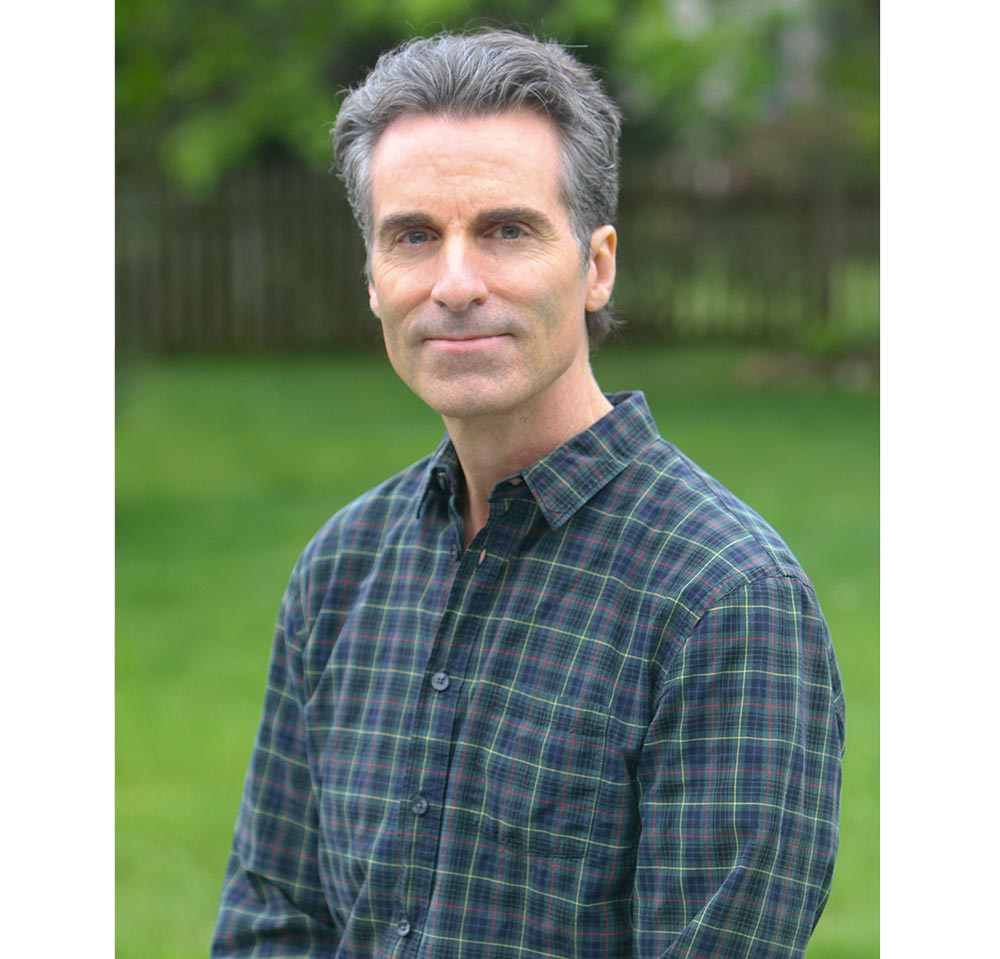

EDUCATION AND TRAINING
Dr. Elliott received his Ph.D. in Psychology in 1989 from Harvard University. His clinical training while at Harvard included externships at the Tufts University Counseling Center, the Outpatient Psychiatry Clinic of St. Elizabeth’s Medical Center in Brighton, Massachusetts, and a clinical psychology internship at McLean Hospital, the psychiatric teaching hospital of Harvard Medical School. He also completed a post-doctoral fellowship at McLean Hospital, where he worked on the Adolescent and Family Treatment Unit and at the hospital’s mental health outpatient clinic. He was licensed as a Psychologist in Massachusetts in 1990, and in Rhode Island in 1993.
Recognizing from an early age that there are many dimensions to human experience, any and all of which can contribute to well-being or to difficulty, Dr. Elliott has maintained a commitment to learning and understanding the whole range of human possibility — from the deepest confusions and struggles of psychosis, to the patterns of personality that create personal and relational conflicts, to the development of the self in ways that promote both independence and intimacy, and to higher levels of growth that allow for flourishing and even a recognition of oneself as beyond the limits of the personal self.
PROFESSIONAL LEADERSHIP AND TEACHING
Dr. Elliott has had leadership roles in several professional organizations. He was President of the Rhode Island Psychological Association for a two-year term, during 2000 and 2001; and prior to that he was Chair of the Coalition of Mental Health Professionals of Rhode Island (COMHPRI), also for two years. Both organizations advocate for availability and access to high quality and affordable mental health services.
Since 1998 Dr. Elliott has been on the faculty of and teaches annually at the International School for Psychotherapy, Counseling, and Group Leadership, in St. Petersburg, Russia. This three-year post-graduate program helps the therapists in training develop not only the professional skills necessary for effective therapy or leadership, but also the personal qualities that assure empathic, attuned, and ethically responsible professional activity. He is currently Chair of the International Advisory Board of the school.
He is also on the Faculty of the Psykosyntes Akademin in Stockholm, Sweden, where he teaches about attachment and psychotherapy to the advanced level students.
ATTACHMENT FOCUS AND BOOK
During recent years Dr. Elliott has taken particular interest in secure and insecure attachment. Attachment is a bond that develops between infants and parents or caregivers, and ideally that bond is secure, meaning that the growing child consistently feels safe and experiences that his or her caregivers will be available, protective, attuned, comforting, delighted by and encouraging of his or her unique self. If the attachment bond is insecure, then the child does not experience these with his or her caregiver. Insecure attachment underlies many later- developing psychological and emotional problems. Treating insecure attachment in adults is the focus of a book, Attachment Disturbances in Adults: Treatment for Comprehensive Repair (2016) that Dr. Elliott co-authored with Daniel Brown, Ph.D., with contributions from seven other psychotherapists who were part of an attachment study group convened by Dr. Brown.
More information about this book can be found here
Listen to an interview with Dr. Elliott about treating insecure attachment here
Dr. Elliott teaches the methods detailed in the attachment book in workshops for mental health professionals, in the US and internationally.
